Did you know past trauma or painful memories from your adverse childhood experiences can hurt your emotional intelligence and ruin your adult relationships as well? The following article talks about developing EQ and regulating intense emotions for healing.
KEY POINTS:
- Strong, distressing emotions are a normal part of life.
- If unchecked, disturbing emotions can damage one’s health, mood, and functioning.
- Many skills, including compassionate awareness, can help a person respond to unpleasant emotions in different, beneficial ways.
The Link Between Adverse Childhood Experiences and Emotional Intelligence
Life throws each of us curveballs—hurts, disappointments, and losses. In response, we understandably feel intensely unpleasant emotions, such as grief, fear, anger, guilt, and sadness.
For those who have unresolved memories of adverse childhood experiences (ACEs), present challenges often stir up similar, intense emotions from the past. Now the survivor must not only deal with the present pain but also the emotional pain from the past.
Critical components of emotional intelligence include acknowledging and having the skills to settle strong, distressing emotions—understanding their source and having ways to manage them.
Dysregulated stress—arousal that is stuck on too high or too low—is central to the ACEs/health outcomes link. Importantly, intensely distressing emotions that we don’t handle well trigger, maintain, and worsen dysregulated stress.
This post explores certain skills that we can learn to temper strong, distressing emotions so that we can gain control of our mood, health, and functioning. These skills will later play a key role in settling unresolved memories related to ACEs.
How To Improve Emotional Intelligence
1. Mindful Awareness
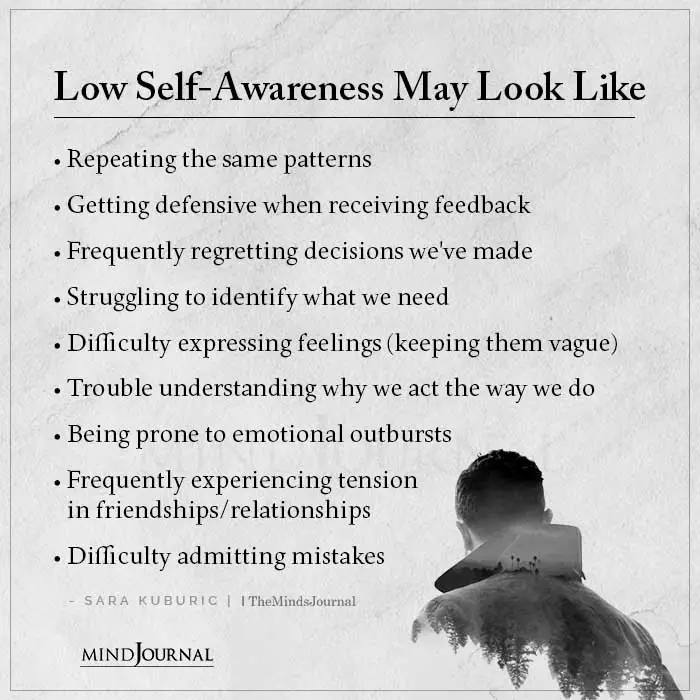
Imagine that you are slowly tracking what’s occurring throughout your body. At some point, your awareness rests on your knee where you notice that there is pain.
Rather than bracing against the pain, which worsens the pain, you embrace it gently and kindly, holding it much as you would hold a child who is in pain until the child is ready to return to playing.
You breathe compassion into the area that hurts, and that compassion soothes and eases the pain. When thoughts arise (such as, “I can’t stand this pain,” or “I’ve got to kill this pain”) you simply bring your kind, nonjudgmental, accepting, and curious awareness back to the area where the pain is.
And when you are ready, you take a more intentional breath into the area that hurts. As you breathe out, your awareness of that area dissolves as you shift your attention to a different area of your body. Paradoxically, when we accept the pain and hold it in kind awareness, the pain often lessens, simply by changing our response to the pain.
Now imagine what would happen if you located emotional pain in your body, breathed compassion into that area without judging or fighting against the pain, and softened the pain with kindness. Research has shown that this kind of mindful awareness reduces its intensity and increases our ability to cope with distressing emotions.
2. Self-Compassion
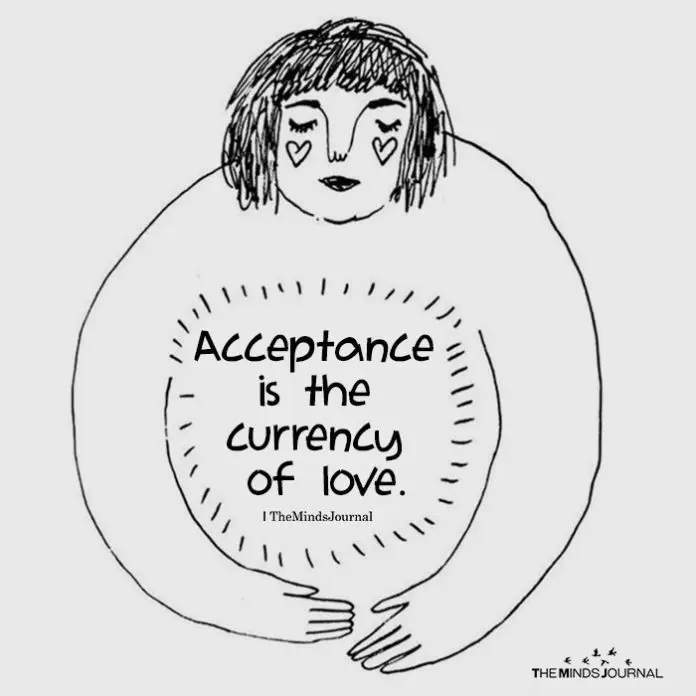
Although sitting mindfully with distressing emotions has been shown to be very effective, self-compassion confers additional benefits. Developed and described by Dr. Kristen Neff, self-compassion begins with compassionate (mindful) awareness of one’s suffering and then encourages the suffering individual to repeat four statements to oneself, such as:
- “This is a moment of suffering.” (This gently acknowledges pain without judging or immediately trying to fix it, each of which creates tension.)
- “Suffering is a part of life.” (This reminds us that we are all in the same boat. Everyone suffers and wishes to be happy. We are not alone.)
- “May I bring compassion to this moment.” (Compassion elicits huge and beneficial changes in the brain and body.)
- “May I give myself the kindness I need right now.” (Research has shown that kindness is more motivating and produces better functioning than harsh criticism.)
The combination of kind awareness and self-compassion has been shown to be a powerful antidote to disturbing emotions. This approach is more effective than trying to avoid distressing emotions or trying to cover them with work, drugs, or other addictions.
Related: Self-Compassion And Meeting Yourself Where You Are
3. Other Tools
Fortunately, there are other tools that help us cope with difficult emotions. For example, confiding emotional pain in writing has been repeatedly shown to lessen distress and improve health.
Rather than holding emotional pain inside (where it can eat one up), one expresses the pain in writing, typically for 15-30 minutes a day for four days. The writer expresses the facts, emotions, thoughts images, and bodily sensations related to upsetting events.
Bringing all aspects of an upsetting recent event (feelings, bodily sensations, thoughts, and images) and then tapping certain parts of the body or following eye movements are strategies derived from trauma treatments that can usually safely be tried by individuals to rapidly reduce emotional distress.
Conclusion
This is a sampling of skills that can very effectively change the way we respond to difficult emotions. Skills like these, when mastered through practice, are generally helpful for dealing with difficult emotions in the present.
If the pain seems overwhelming, and the skills are not helping, that could signal a need to seek the help of a mental health professional specializing in treating traumatic wounds.
Written by: Glenn R. Schiraldi Ph.D. Originally appeared on: Psychology Today Republished with permission
References
Schiraldi, G. R. (2021). The Adverse Childhood Experiences Recovery Workbook. Oakland, CA: New Harbinger.
So, how to increase emotional intelligence? Practice these skills to improve emotional intelligence when you face emotional pain or distress. Let us know what your thoughts on adverse childhood experiences and emotional intelligence in the comments below.
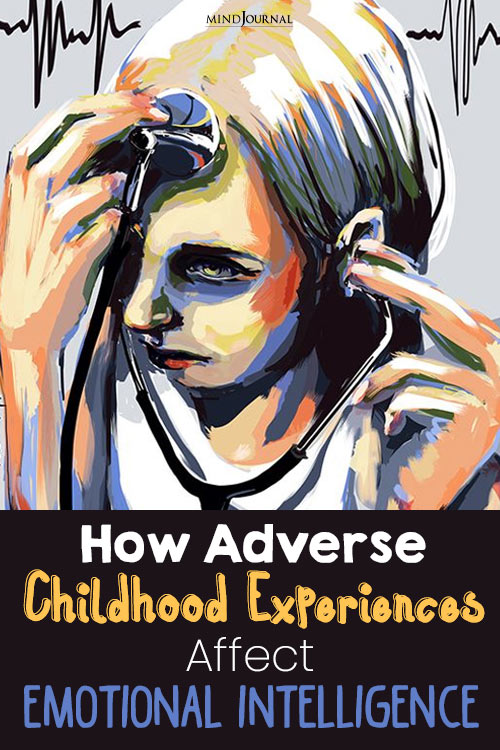
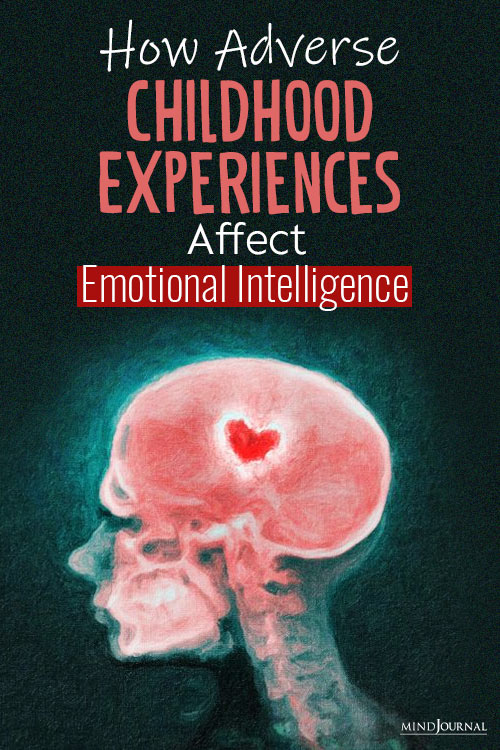
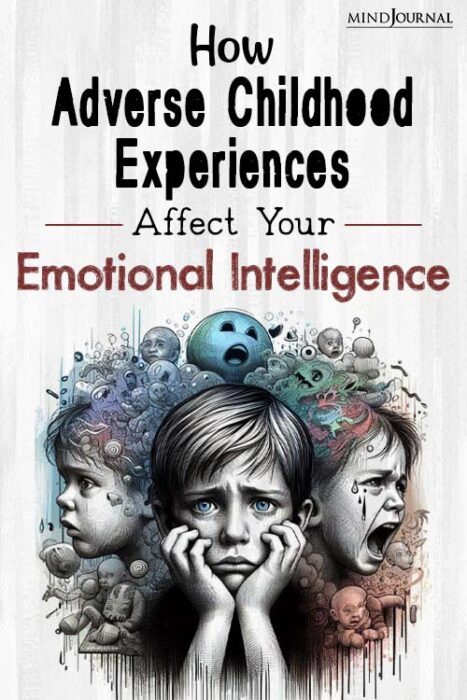
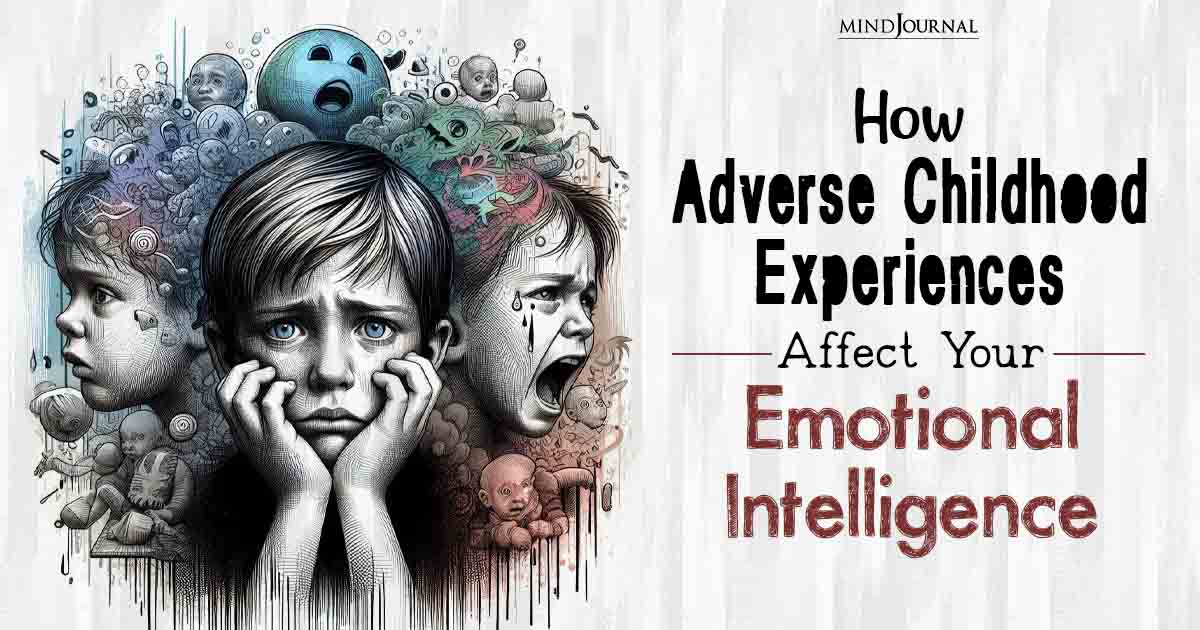





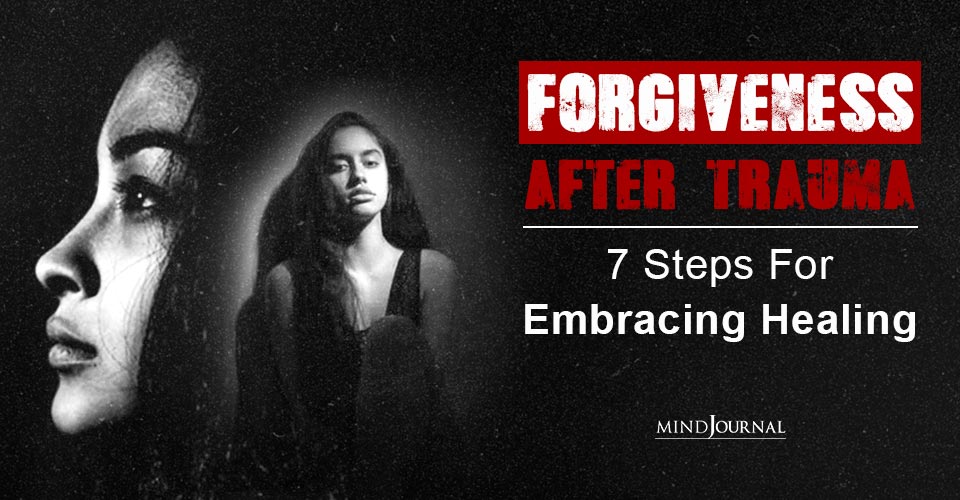

Leave a Reply
You must be logged in to post a comment.